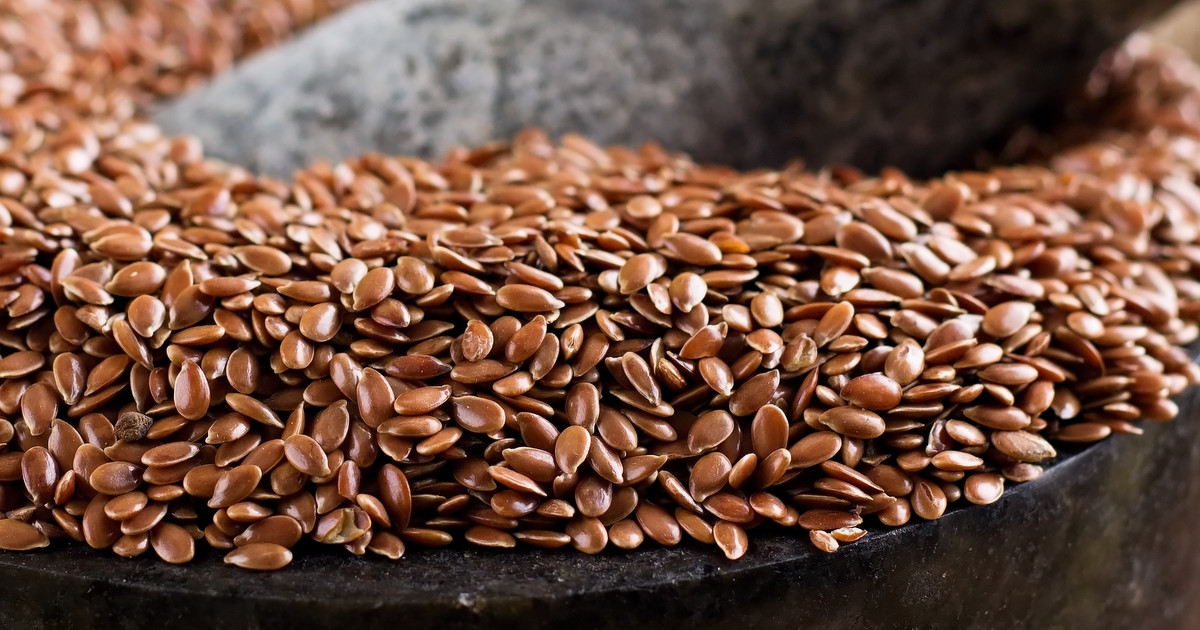Guide To Foods To Eat With Schizophrenia
Schizophrenia is a psychiatric disorder. It causes changes in cognitive functioning, specifically in how patients perceive reality. Patients may have both positive and negative symptoms. Positive symptoms are those that add or are new to patients. Examples of positive symptoms include delusions, hallucinations, and repetitive movements. Negative symptoms are the ones that take away from patients. They include reductions in energy levels, attachment to reality, and the ability to emote.
Every patient needs treatment for schizophrenia. Ultimately, most schizophrenia remedies involve medication and psychotherapy. The best medicine for schizophrenia often involves antipsychotics. Of course, some individuals may try supplements for schizophrenia. Patients need to discuss schizophrenia treatment with their doctor. However, there are foods that they should always include in a schizophrenia diet to help control their symptoms.
Fatty Fish

Fatty fish is a good choice for individuals to ensure that they receive the necessary omega-3 fatty acids for healthy development. Omega-3 fatty acids serve a purpose in the brain's structural and biochemical development. These acids also impact the neurotransmitters that schizophrenia affects. Patients who do not have the right level of fatty acids could exacerbate their symptoms. This happens when they cause their neurotransmitters to be more unregulated.
Some research also indicates that omega-3 fatty acids may be effective at preventing the development of schizophrenia. Omega-3 fatty acids have antioxidant properties and help prevent cell death, making them protective for the brain. Some researchers recommend that high-risk populations use fatty fish and omega-3 supplements to prevent this condition. Individuals should eat a medium amount of fish. This is because psychosis has been associated with eating too much or too little fish. Too much fish usually involves more than five portions a week.
Continue reading to uncover more foods to eat due to schizophrenia now.
Flax Seeds

Flax seeds are another source of vital omega-3 fatty acids. The same is true of plant oils like flaxseed oil and canola oil. Due to their dense nutrient levels, flax seeds have been praised as a superfood in many diets. A single tablespoon of ground seeds has 1.3 grams of protein and 1.9 grams of fiber. It also has 1,597 milligrams of omega-3 fatty acids. Of course, the omega-3 fatty acids in flax seeds are quite beneficial for schizophrenia patients and managing their symptoms. One teaspoon of these seeds also has a measurable amount of vitamin B1, vitamin B6, calcium, folate, magnesium, iron, phosphorous, and potassium.
Some studies indicate that flax seeds may be able to lower blood pressure. The lignans in the flax seeds might reduce a person's risk of developing cancer. Meanwhile, the proteins have multiple different amino acids. Researchers found that the proteins in flax seeds improve immune system function, prevent tumors, and lower cholesterol. The proteins even have antifungal benefits. Plant-based proteins are a great alternative to animal proteins for patients on a vegetarian or vegan diet. Flax seeds may also help control blood sugar. Since schizophrenia patients often develop diabetes, this is significantly beneficial.
Get more information on what foods to consume for this condition now.
